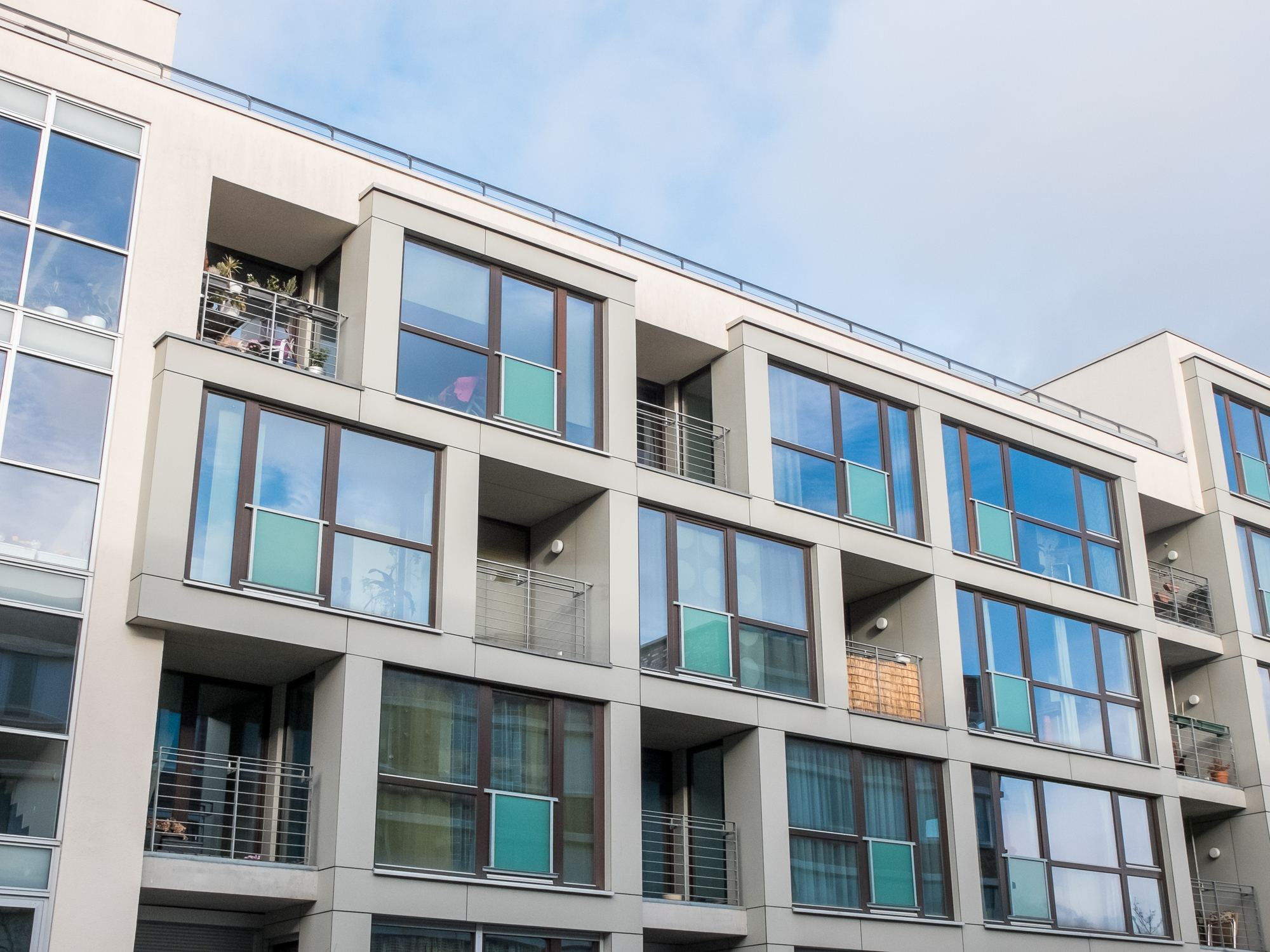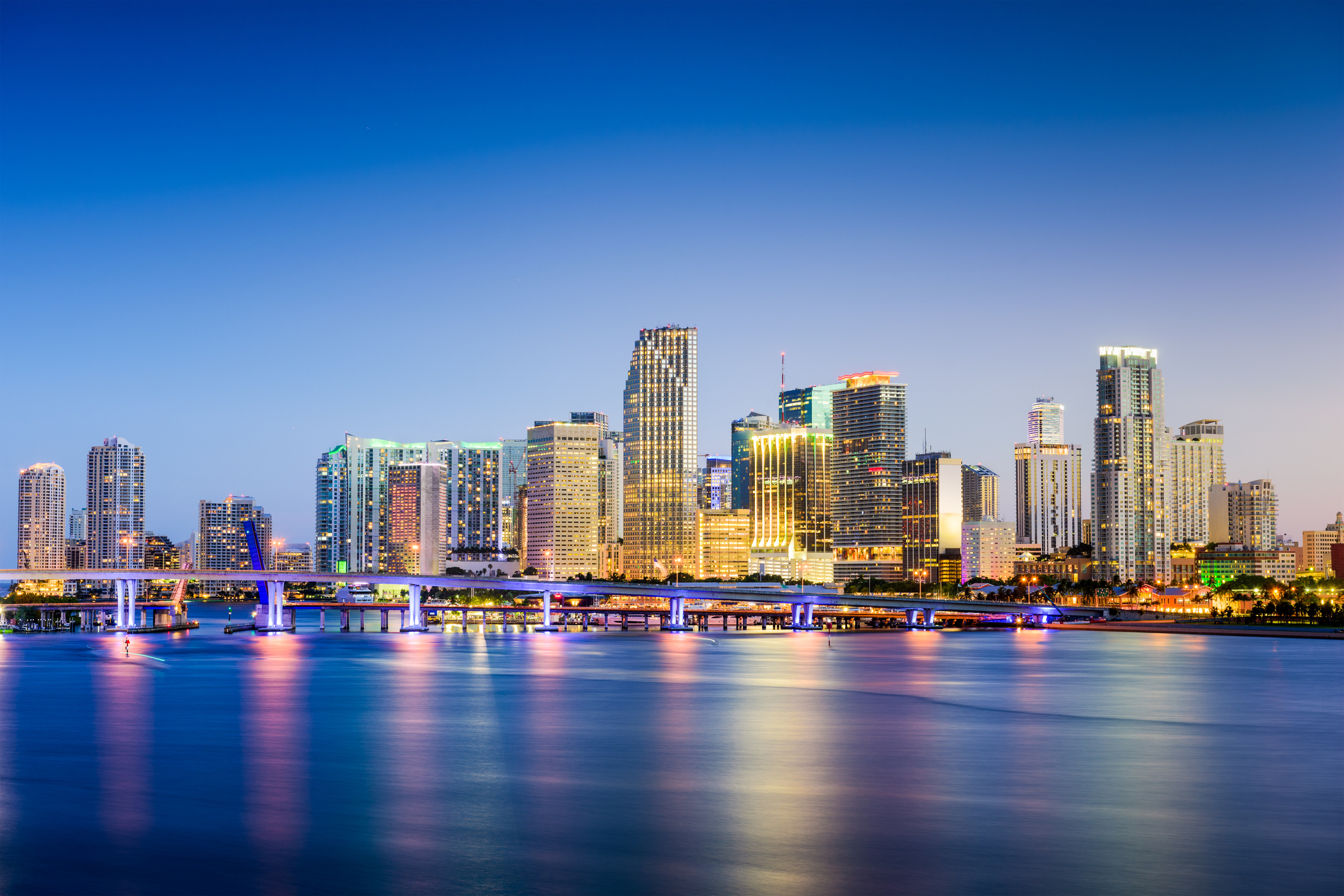In 2007, two San Franciscans looking to earn extra cash decided to rent out part of their loft as lodging space. A design conference was scheduled to come to the city, and they were aware attendees were challenged to find available hotel rooms. They placed several air mattresses on the floor, advertised their loft with pictures on a simple website and soon attracted three lodgers who paid $80 each for a stay that included a home-cooked breakfast. Not long after, the Democratic National Convention drew thousands to the city, and with a revamped Airbed & Breakfast website the duo provided visitors a place to stay if they failed to book a hotel room.
From that rather humble airbed-in-a-loft beginning, the renamed Airbnb has skyrocketed into an online lodging service with more than 2 million listings across the globe. Along with Uber, Airbnb has become synonymous with the new sharing-economy model.
From Startup to Disruptor
It is amazing to think that within less than a decade, Airbnb has grown from a small startup to a major disruptive force within the lodging industry. Reams of articles and studies have tried to unlock the true impact of Airbnb on our industry. Is it good or bad? We really do not know since it is still relatively new. I believe that when Airbnb is used for its original intent—that is, to serve unmet lodging demand during peak periods by owners simply looking to supplement their income— the service actually aids our industry.
However, as Airbnb has expanded, we have seen residential condominiums built in some cities for the sole purpose of enabling owners to rent out those spaces throughout the year on Airbnb. In my opinion, those properties, while not called hotels, operate as hotels. In those instances, Airbnb drains business from hotels not only during peak cycles, but when demand weakens in shoulder periods as well. It is those types of Airbnb rentals that the lodging industry must push back against.

Finding a Place for Game Day
A recent trip I took illustrates the manner in which Airbnb benefits the hotel industry and travelers alike. During the height of the college football season this fall, my clan and another family planned our annual trek to a Big 10 gridiron contest. Altogether, we needed four hotel rooms. Similar to most travelers, we shopped nearby hotels and found a select-service hotel that charged $500 a night with a two-night minimum, bringing the total bill to $4,000 for the weekend. Needless to say, that price was well above our budget, so we searched for a cheaper alternative. We found an Airbnb rental costing us $2,000 for the two days.
The Airbnb property—a house the owners rented out to supplement their income when fans flooded the town to watch their favorite college team play—proved perfect for our needs. Instead of being jammed in a hotel room, we had a full backyard with a fire pit that was perfect for pregame tailgating. When the game was over and we packed our belongings, the homeowner returned and the rental was pulled from the city’s lodging supply. This Airbnb rental enabled the market’s supply to expand and contract as demand dictated.
Further, Airbnb rentals of this type afford travelers the opportunity to attend events, like a football game and conventions, when rooms may be limited due to heavy demand. By doing so, guests stay in the market and drive ancillary revenues for restaurants and other attractions. As a result, all travel-related businesses in a city receive a boost, as well. Also, renting an Airbnb listing for my football weekend does not preclude me from booking a hotel next year. If the house is unavailable and I find a reasonably priced hotel room, I will book the hotel.
When used for its original purpose as a short-term, supplemental-income rental, Airbnb listings absorb unserved demand and keep it within a specific hotel market, which, in turn, fends off potentially harmful future development of hotel rooms within a market.
For your next vacation, find a home with enough space for your child's imagination to run wild.#LiveThere pic.twitter.com/7wtFebZnxS
— Airbnb (@Airbnb) January 19, 2017
Stop the Purpose-Built Condos
Currently, in some high-occupancy cities, investors buy up condominium units and then rent those properties as Airbnb rentals 365 days a year. When that happens, those “condos” essentially operate as hotel rooms. Such purpose-built condos are far removed from Airbnb’s founders’ original intent and they represent the most serious threat to the hotel industry. These year-round Airbnb “condos” compete with hotels during non-peak periods and do not contract as demand does. When that happens, hotel operators are forced to lower rates during shoulder periods.
I maintain there must be rules restricting the availability and the number of days an Airbnb rental can be sold. Limiting Airbnb listings to, say, 180 days a year and for no more than 15 consecutive nights would be a good start. Already several states and cities have attempted to clamp down on these purpose-built Airbnb condos. New York State, for example, passed a law that outlaws unoccupied apartments listed on Airbnb for short-term rentals of fewer than 30 days (in multifamily dwellings). Airbnb has filed a complaint against the law, and maintains that it has taken steps to ban hosts that run “illegal hotel rooms.”
While the New York State law imposes hefty fines on Airbnb hosts who advertise their unoccupied apartments for short-term rentals, we do not know if cities are truly cracking down on violators. At this point, regulations are being implemented on a city-by-city basis. What we need are nationwide laws to combat illegal lodging operations.

A Level Playing Field
Other issues exist with these purpose-built Airbnb condos, namely occupancy tax collection and whether life/safety rules are followed. Due to lax oversight, hotel occupancy taxes might go uncollected, and owners may not implement the same life/safety standards hotel operators do. When these Airbnb condo-hotels skirt the same laws lodging operators must adhere to, then those properties become our foe.
Airbnb’s website details how hosts can calculate taxes and ensure the safety of the property. The issue then becomes one of enforcement, and to be fair Airbnb has taken measures to collect taxes. It recently reported that it remitted $175 million in hotel, tourist and occupancy taxes in more than 220 cities and jurisdictions around the globe in 2016 through what it calls Voluntary Collection Agreements.
When a city and Airbnb agree on a VCA, Airbnb collects the local taxes and sends them to the proper local authority. This program, Airbnb states, relieves “the hosts of onerous tax filings and governments of the burden of collection and enforcement.” That is a good first step in ensuring a level playing field. However, the playing field must be made even "fairer" by clamping down on investment condominiums masquerading as hotel rooms. Those properties stand in contrast to the house I stayed in to be near my favorite college football team’s stadium. In that instance, the owner rented out his home to earn extra cash during a peak time. It served unmet demand without negatively impacting lodging supply or rates. When used in that manner, which I believe is the original intention of Airbnb, Airbnb can be a friend to the hotel industry by mitigating damaging room growth.
Helping Supply Stay Stable
In the pre-Airbnb era, hotel developers would look at markets with 75 percent-plus occupancy, coupled with year-over-year average-daily-rate growth higher than industry averages, and think, “Let’s build a 300-room hotel!” Other developers would rush in, fearful of missing out, and soon a glut of hotel rooms flooded the market.
The hotel industry has always been cyclical, and inevitably demand at some point contracts due to economic dips or other reasons. An overbuilt market cannot withstand those downturns because supply does not contract. When occupancy plunges to 60 percent, operators battle fiercely for roomnights, typically by slashing rates. As my football trip demonstrates, by accommodating demand during peak compression periods but not during less frenzied shoulder intervals, supply and occupancy remain balanced. When Airbnb rentals are used for their original purpose, they pick up the slack when demand is high and developers aren’t tempted to continually add more and more hotel rooms. Airbnb as originally conceived keeps current supply stable and may serve as a roadblock to overbuilding.
Recent data compiled by STR bears out that assumption. After reviewing several major cities around the globe, STR found cities with high hotel occupancy rates such as New York, San Francisco and Tokyo also registered high Airbnb occupancy, indicating that Airbnb accommodates any excess demand and doesn’t really have a negative impact on the existing lodging supply.
The one potential downside may be the inability of operators to raise rates during those peak times. But that is a short-sighted stance, in my opinion. If you reduce the growth of new rooms coming into a market, while it may hurt near-term revenues, the stabilizing influence of Airbnb—as its founders initially intended—positively impacts the long-term profitability of existing product.

Fight the Right Fight
Given its meteoric rise in less than 10 years, and the public’s growing acceptance of it, Airbnb has demonstrated it will remain a force in the lodging industry. But I believe the hotel industry is misguided when it tries to fight Airbnb as a monolithic entity. We need to take a more nuanced and bifurcated view of Airbnb. Short-term listings by owners wanting to pocket some extra coin when hotel demand peaks represent no threat to the hotel industry. When used as its founders originally envisioned, Airbnb controls the industry’s tendency to oversupply a market.
We in the lodging industry cannot allow Airbnb to expand by having hosts or investors run their properties as ongoing hotel operations without proper and fair legal controls. Those are the real foes to the lodging industry because they lead to disastrous rate wars. That’s the battle we must fight.
Gary Isenberg is president of LW Hospitality Advisors Asset & Property Management Services.
